From Tehran to Gaza, Martyr Amir-Abdollahian’s lasting impact on global diplomacy
By Zainab Zakariyah
We live in a world that seldom acknowledges its giants while they still walk among us. Perhaps it is human nature to fully grasp the weight of a man’s legacy only after his voice has fallen silent, and the space he once filled stands empty.
Hossein Amir-Abdollahian was such a man –a gem of immeasurable worth.
His modest Tehran apartment, adorned with well-worn books and simple furnishings, stood in stark contrast to the opulent residences of most foreign ministers.
Yet within those walls resided one of the most formidable diplomatic minds of our time.
Born in 1964 in Damghan, a historic city along the ancient Silk Road known for its pomegranate orchards and resilient people, Amir-Abdollahian was the eldest of five in a middle-class family.
His father, a civil servant, and his mother, a devout woman, instilled in him an early love for the Ahl al-Bayt (the family of Prophet Muhammad).
The year 1964 was a turbulent time in Iran. The winds of revolution were stirring. The architect of the Islamic Revolution, Imam Khomeini, though in exile, galvanized a nation through powerful speeches smuggled on cassette tapes.
By the time Amir-Abdollahian reached his teenage years, the revolution had triumphed, only for war to be thrust upon the people of Iran. The Iran-Iraq War (1980–1988) would go on to shape him profoundly.
The chemical attacks, the siege, the hundreds of thousands of martyrs – these were not abstract tragedies. They were lived experiences.
Amir-Abdollahian saw himself as a soldier. But he understood that not all soldiers carry guns. Some wear suits, shape foreign policy, and speak to the world on behalf of their people.
He earned his BA in International Relations while also attending seminary classes in the holy city of Qom. For postgraduate studies, he specialized in West Asian affairs. A self-taught linguist, he mastered French, Arabic, English, and Farsi.
“If he was not a diplomat, he would have been a fighter in the fields of war, like the martyred Commander Hajj Qassem Soleimani.”
— Press TV 🔻 (@PressTV) June 4, 2024
Top diplomat Dr. Amir Abdollahian was not only the foreign minister of Iran, but also of the resistance movement. pic.twitter.com/SqYgv3xwW5
His intellectual foundation was eclectic: the anti-colonial fury of Frantz Fanon, the Islamic philosophy of Allamah Tabatabai, the revolutionary sermons of Imam Khomeini, and –ironically – the diplomatic memoirs of Henry Kissinger helped him understand how ‘superpowers’ treated nations they deemed weak.
He learned the playbook of ‘superpowers’ only to dismantle it. Long before he became Iran’s foreign minister, Amir-Abdollahian was a professor at the School of International Relations.
His students remember a man of startling humility. He funded scholarships for 23 underprivileged students over the course of 15 years.
When sanctions made academic journals inaccessible, he would hand-copy articles from diplomatic archives late into the night. "He didn’t just teach diplomacy," recalls former student Marzieh Afkham. "He lived it with integrity."
When Amir-Abdollahian assumed office in 2021, Iran’s diplomatic landscape was fraught. The US had unilaterally abandoned the nuclear deal (JCPOA). General Qassem Soleimani, architect of Daesh’s defeat, had been assassinated.
The message was clear: no concession would ever be enough.
Amir-Abdollahian did not speak the language of compromise. He understood the unspoken codes of West Asian politics not from Geneva conference rooms, but from the streets of Beirut, the refugee camps of Damascus, the cafés of Istanbul, and the mosques of Tehran.
He spoke the people's language. He was the people’s minister and ambassador.
His brilliance lay in reimagining the concept of power. Where others saw Iran’s isolation, he saw opportunity. While Washington slept, he engineered a seismic shift, restoring ties with Saudi Arabia without abandoning Iran’s revolutionary principles or abandoning its allies.
✍️ Feature -Diplomat of resistance: Martyr Amir-Abdollahian as the voice of Palestine on global stage
— Press TV 🔻 (@PressTV) May 20, 2025
By Maryam Qarehgozlouhttps://t.co/a9uxvyO67i pic.twitter.com/9aPJhk4jSR
This was not normalization; it was recalibration. Under his watch, the ‘Axis of Resistance’ evolved from a slogan into an interlocking system of mutual defense.
His 2024 meeting with Hamas leader Ismail Haniyeh in Doha was not mere symbolism. It was a statement: We are here to stay.
When the US-made Israeli bombs started raining on Gaza in October 2023, Amir-Abdollahian became not just Iran’s foreign minister but the foreign minister of the oppressed. At the UN, his voice boomed through the world’s hallways of power as he spoke on behalf of Palestinians.
He showed images of slaughtered children as indictments against Western hypocrisy. He traveled across the region, from Qatar to Turkey, from Lebanon to Iraq, rallying support for Palestine.
He understood what many diplomats do not: in West Asia, agreements are not signed in boardrooms. They are written in blood and rubble.
His tragic death on May 19, 2024, in a helicopter crash did not just rob Iran of a foreign minister. It deprived the oppressed of their most eloquent champion.
From Palestine to Nigeria, from New York to Moscow, from Kashmir to Jakarta, eyes shed tears of blood when news broke of his martyrdom. His name and legacy whispered with reverence.
Martyr Amir-Abdollahian demonstrated that resistance and diplomacy are not opposites, but two sides of the same coin. True power is not found in begging at the empire’s table, but in building one’s own
He showed us that revolution is not just about guns, it is about manning your post, wherever you are. If you are a teacher, teach with purpose. If you are a leader, lead with conscience. The seeds he planted will grow. And one day, they will shade millions.
His path is now ours to walk. And walk we shall, till we meet again.
Zainab Zakariyah is a Tehran-based writer and journalist, originally from Nigeria.
(The views expressed in this article do not necessarily reflect those of Press TV.)
VIDEO | Trump destabilizing nations
VIDEO | Palestinians condemn Israeli decision targeting Ibrahimi Mosque authority
VIDEO | Economic protests in Iran exploited by organized rioters
Iran receives first image from Tolou-3 remote-sensing satellite after successful orbital tests
Israeli foreign minister’s visit to Somaliland sparks diplomatic outrage
Gold inches closer to record peak as geopolitical risks lift safe-haven demand
Historic hospital leveled in Quneitra amid Israeli incursions into Syria
Palestinian activist on hunger strike near organ failure in UK prison


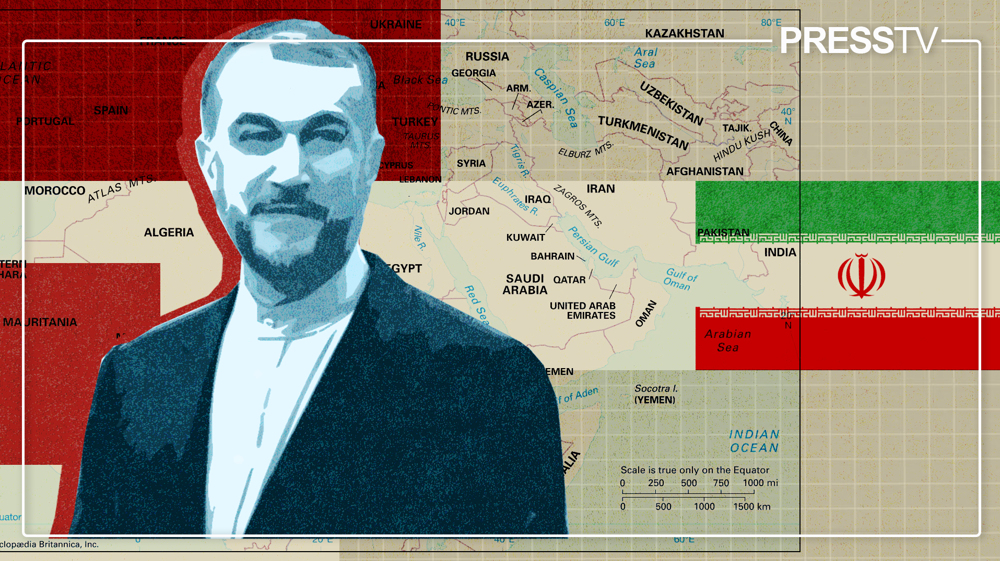
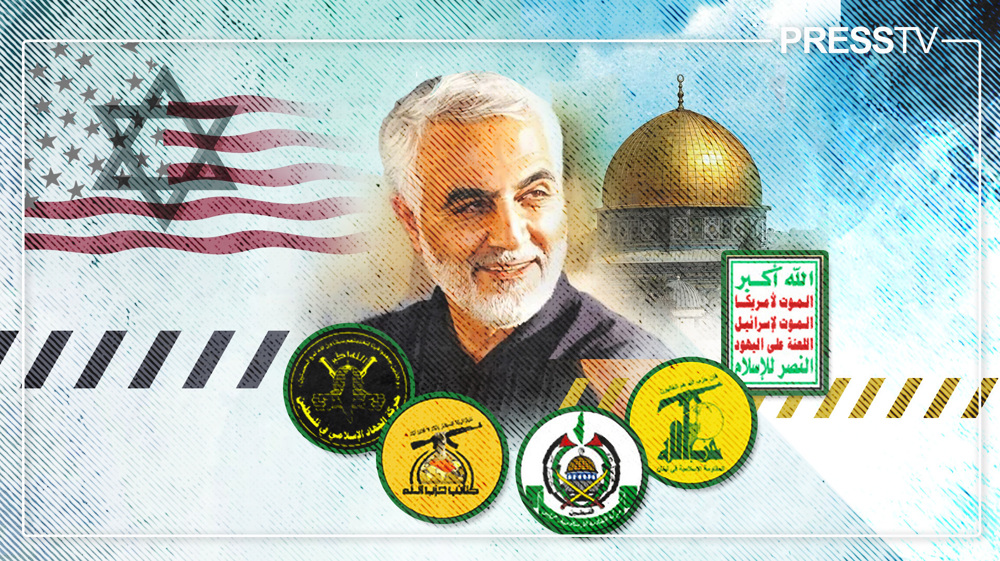
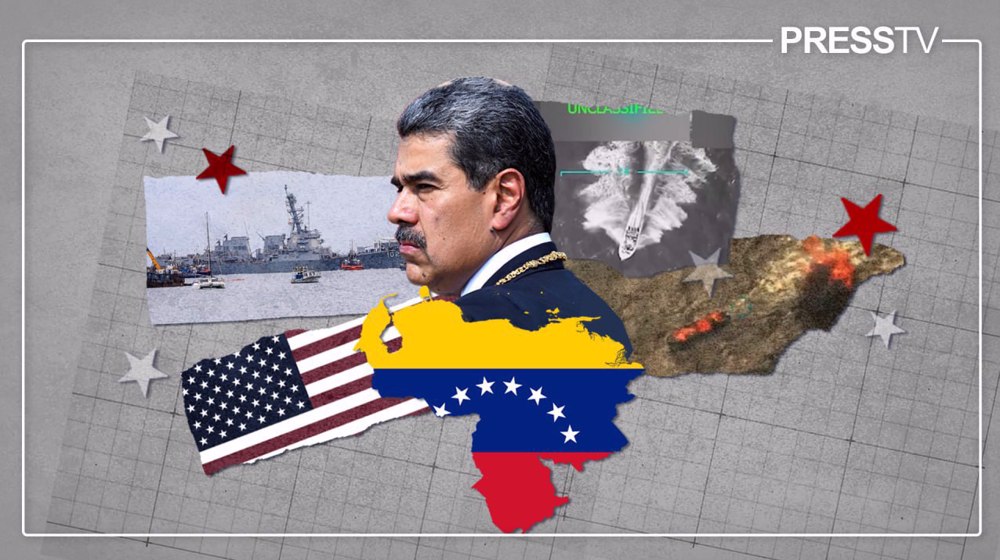
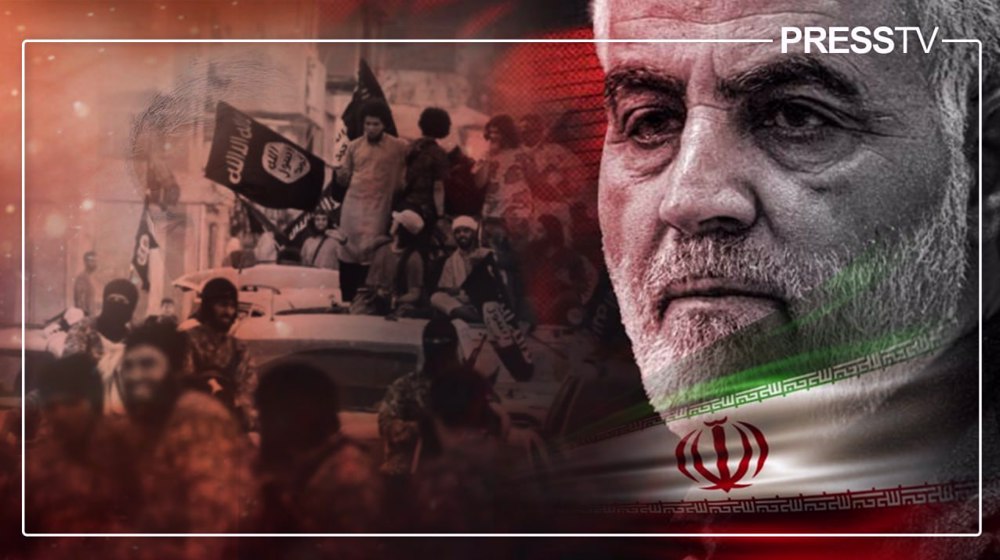



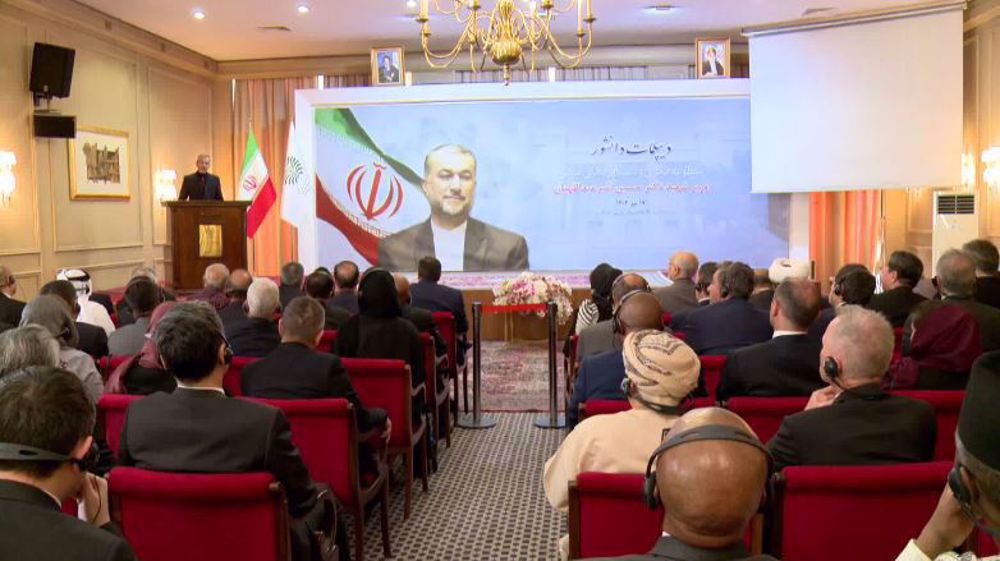
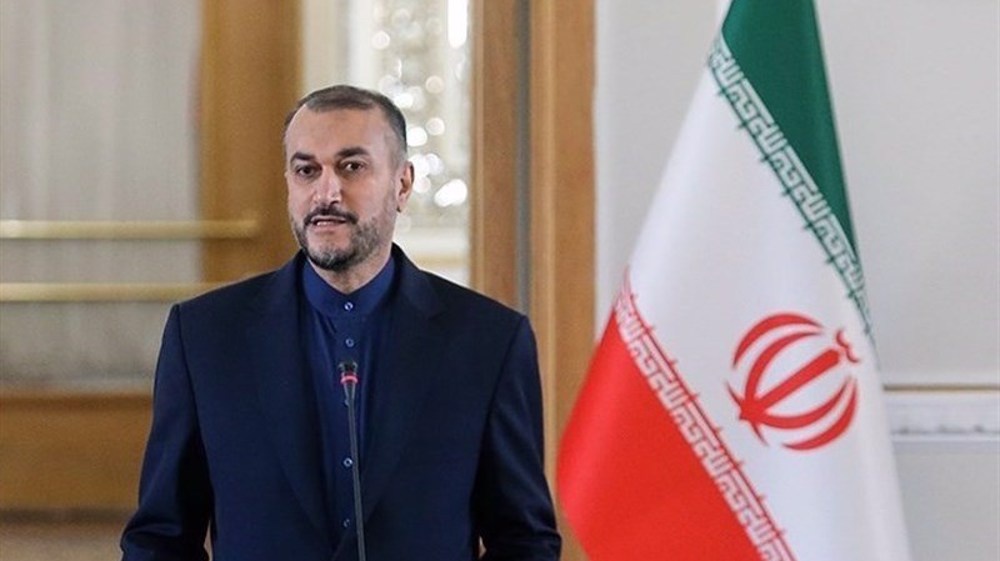
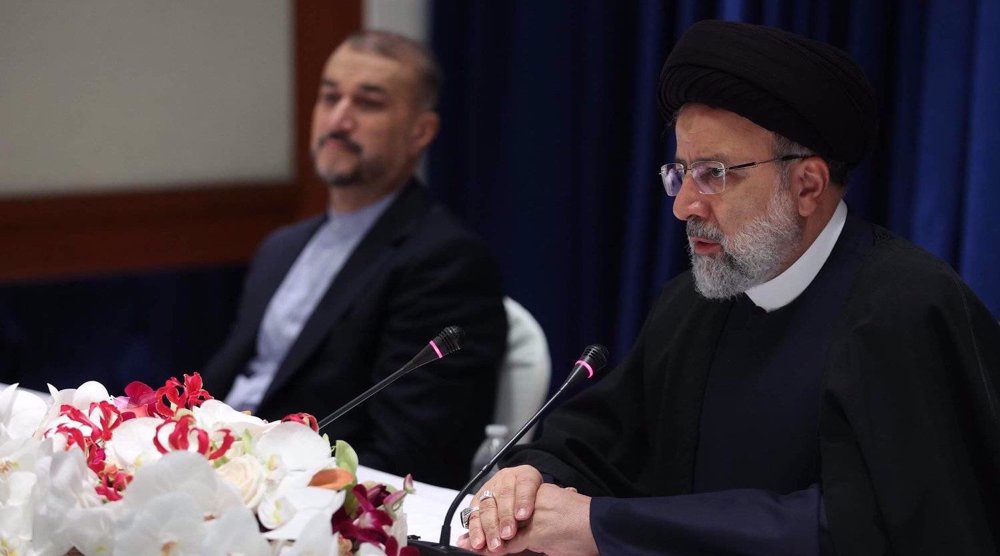
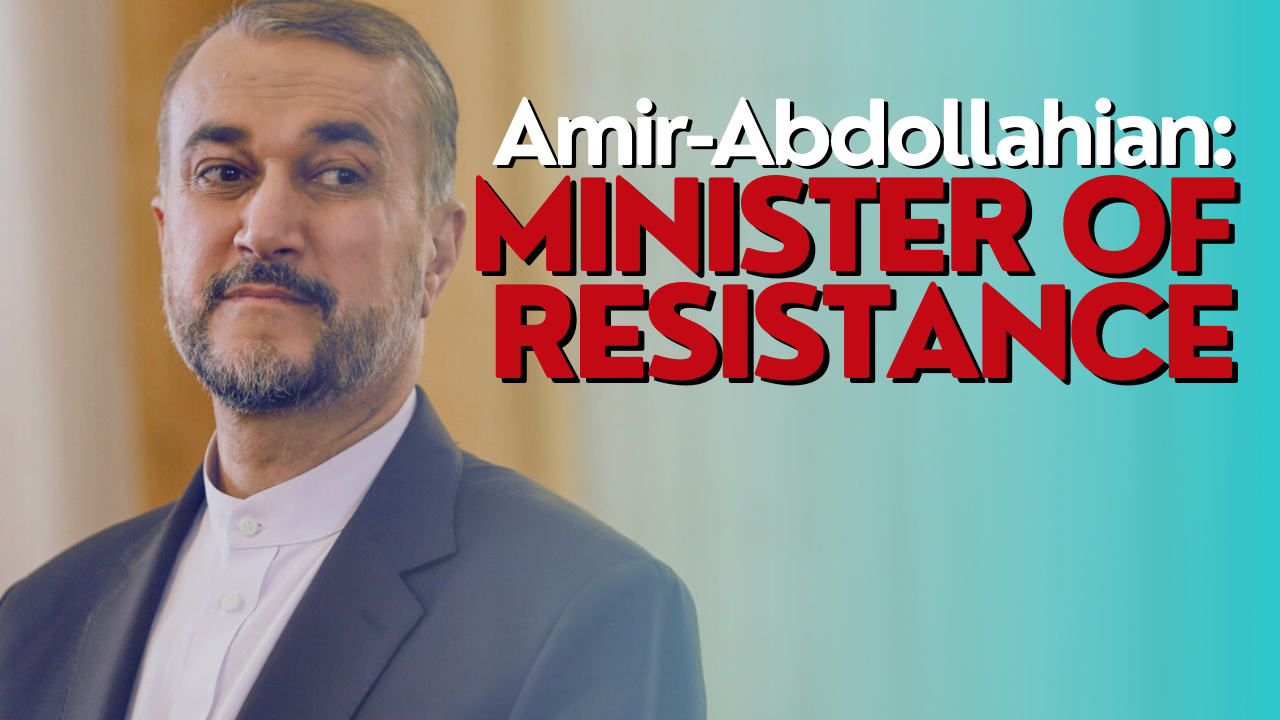
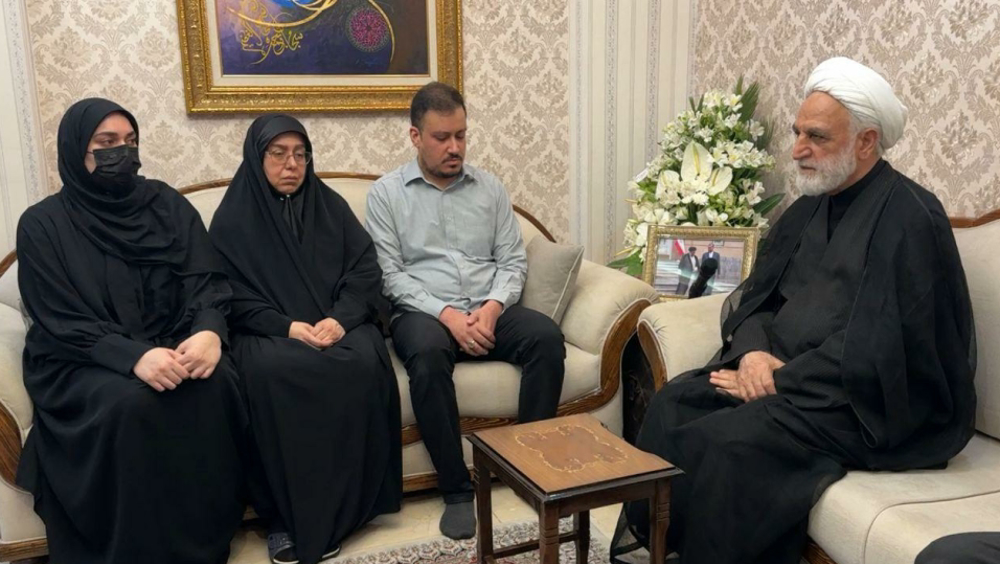

 This makes it easy to access the Press TV website
This makes it easy to access the Press TV website